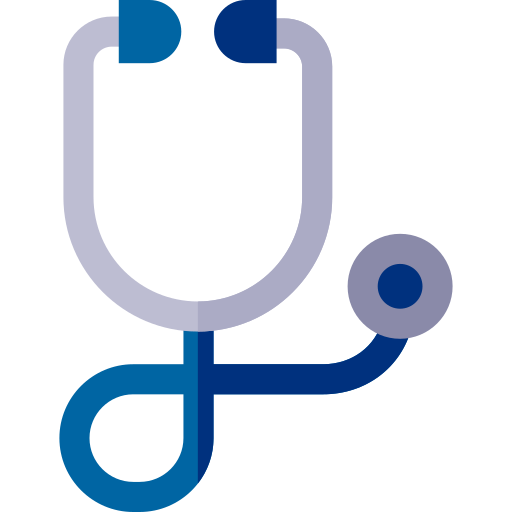 We would like to begin this nutrition section with a special precautions page for several reasons. We are not nutrition of health professionals. Everything we are telling here are information we found along the years about plant-based diets, that we could experiment and that work for most vegetarians and vegans.
We would like to begin this nutrition section with a special precautions page for several reasons. We are not nutrition of health professionals. Everything we are telling here are information we found along the years about plant-based diets, that we could experiment and that work for most vegetarians and vegans.
Our indications don’t pretend to be more than just indications. It is very important that you search for information yourself or by consulting a professional.
 CHECK BY YOURSELF!
CHECK BY YOURSELF!
The first precaution to take before changing your diet is to look for information. You will find plenty of information here and on other websites, thanks to movies, documentaries or books. You will collect a lot of information that will motivate you even more in your actions but also a lot of tips to eat good and well.
The vegetarian diet is pretty easy to adopt. By easy we mean that there are not so many things to compensate (if you are already in good health). In most cases, if you don’t have any animal products under sight, you won’t even miss it and it’ll be easy to handle.
Alright, stopping the sunny Sundays roasted beefs under the suspicious glance of your stepfather, might be slightly more touchy.
The vegan diet being more restrictive (although you will never discover so many food options as when you will try the plant-based diet), you will have to be careful about more elements.
 FOR A MEDICAL FOLLOW UP AT THE BEGINNING?
FOR A MEDICAL FOLLOW UP AT THE BEGINNING?
Why not?
It is the second precaution to take according to us.
When changing your diet, what’s more, when we deeply change feeding habits we’ve had for years, we must admit that unless you have a degree in nutrition, you don’t always know what you’re doing. At least, you don’t always know how your body is going to react.
Therefore, it can be interesting to get a complete blood analysis prescription. You can do them at regular intervals (not too close either, otherwise there is not enough time to see a change) at least until your diet is stable. This will allow you to make some adjustments if necessary.
This way, you’ll be able to control that everything’s fine with your doctor and learn a lot about which indicators to follow and why.
What are those two types of iron?
What shows me that I am not undernourished? Do I get enough of this or that?
You can even notice an improvement in some variables such as the “good” and the “bad” cholesterol.
Don’t hesitate to talk about it to your doctor!
How to proceed?
 Make an appointment with your doctor and talk to him about your wish to have a blood test since you are changing your diet
Make an appointment with your doctor and talk to him about your wish to have a blood test since you are changing your diet
 Go to the analysis laboratory, normally you will have to be fasting at least 12 hours before the test.
Go to the analysis laboratory, normally you will have to be fasting at least 12 hours before the test.
 When you get the results, check them out. If some terms seem complicated to you, check their meaning on the internet, you will learn a lot of things.
When you get the results, check them out. If some terms seem complicated to you, check their meaning on the internet, you will learn a lot of things.
 Finally, if some results seem awkward or worry you, talk about it to your doctor, you’ll be able to adapt your approach in the following months with your diet or with supplements if necessary.
Finally, if some results seem awkward or worry you, talk about it to your doctor, you’ll be able to adapt your approach in the following months with your diet or with supplements if necessary.
What should we control ?
Here is a non-exhaustive list of elements that you can have analysed. Some are general health indicators, others are more directly linked to your diet, but we all know that food influences your entire organism, directly or indirectly. This is why they are usually prescribed altogether.
 Complete Blood Count – CBC (general health status = red blood cells, while blood cells, blood platelets etc…)
Complete Blood Count – CBC (general health status = red blood cells, while blood cells, blood platelets etc…) Liver function
Liver function Blood electrolytes (sodium, potassium, calcium, chlorine = research of an acid-base disturbance among other things)
Blood electrolytes (sodium, potassium, calcium, chlorine = research of an acid-base disturbance among other things) SPE (serum protein electrophoresis. = inflammatory/infectious balance)
SPE (serum protein electrophoresis. = inflammatory/infectious balance) Ferritin (iron storage protein)
Ferritin (iron storage protein) Folates (= vitamin B9)
Folates (= vitamin B9) C-reactive protein (protein C)
C-reactive protein (protein C) Creatinine (kidney function)
Creatinine (kidney function) TSH (thyroid)
TSH (thyroid) Fasting blood glucose
Fasting blood glucose Lipid profile (cholesterols and triglycerides)
Lipid profile (cholesterols and triglycerides) Calcium
Calcium Phosphorus
Phosphorus Magnesium
Magnesium Zinc
Zinc Vitamin D – Most people are vitamin D deficient, but it is always interesting to test it.
Vitamin D – Most people are vitamin D deficient, but it is always interesting to test it. Vitamin B12 – See our dedicated page B12 & supplements where we explain why the urine testing seems more precise than the blood testing in the context of a plant-based diet.
Vitamin B12 – See our dedicated page B12 & supplements where we explain why the urine testing seems more precise than the blood testing in the context of a plant-based diet.
